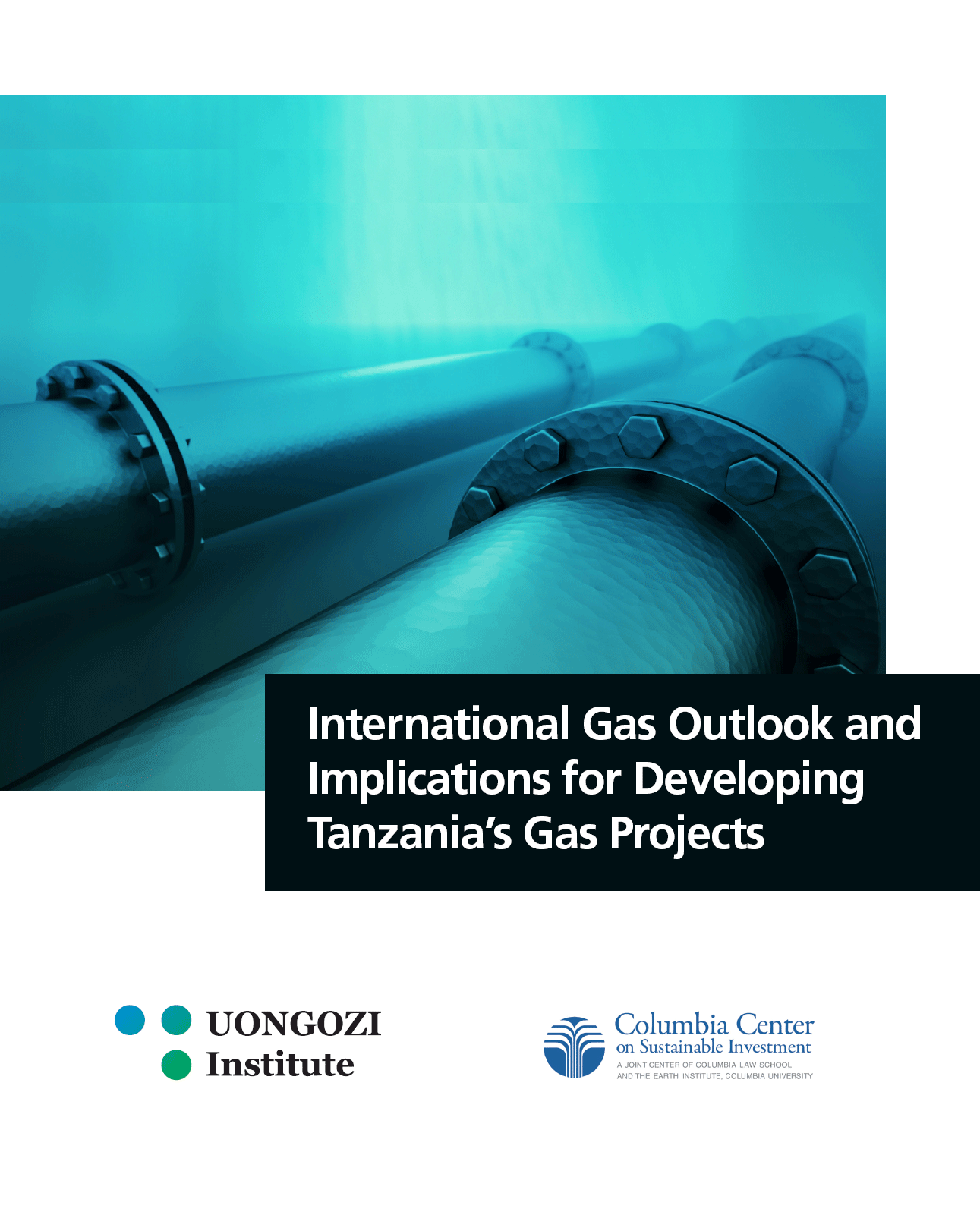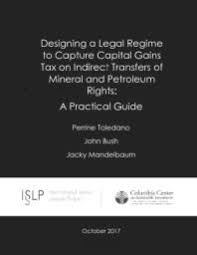The Columbia Center on Sustainable Investment (CCSI), a joint center of Columbia Law School and Columbia Climate School at Columbia University, works to strengthen the sustainable development potential of international investment, and to ensure that international investment is mutually beneficial for investors and the citizens of recipient countries. We envision a world in which international investment contributes to, and does not undermine, sustainable development.
We develop and disseminate practical approaches to maximize the benefits of international investment for sustainable development—and to minimize its harms—by conducting rigorous research, providing policy analysis and advisory services, offering educational programs, developing tools and resources, and fostering multi-stakeholder dialogue and knowledge-sharing.
We integrate legal, economic, and policy expertise, and approach sustainable investment holistically, bridging diverse disciplines, including investment law, natural resource management, human rights law, economics, political economy, finance, and climate change policy. One of our great strengths lies in having knowledgeable perspective across the range of stakeholders, tools, policies, and practices that shape investment flows and outcomes. This allows us to work across communities of practice and with different stakeholder groups, and to provide insight and solutions at the intersections of these often-siloed areas relevant to sustainable investment.
Resources
Displaying 21 - 25 of 41Governing Land Investments: Do Governments Have Legal Support Gaps?
In the wave of efforts to encourage and support more “responsible” land investments, one aspect has been largely overlooked: are governments equipped with the legal and technical support needed to effectively negotiate and conclude investment contracts that lead to responsible outcomes?
Open Community Contracts
OpenCommunityContracts.org is a repository of publicly available community-investor or community-government contracts and agreements relating to agriculture, forestry, mining, oil and gas extraction and other natural resource projects. It features plain language summaries of key provisions and provides links to learn more about how each agreement was negotiated and implemented in practice.
International Gas Outlook and Implications for Developing Tanzania’s Gas Projects
This brief, reviews recent international gas developments, the outlook in this regard and implications for the development of proposed offshore gas projects in Tanzania. As the country aims to benefit from its gas discoveries by increasing its domestic gas use, it also outlines some of the trade-offs and considerations that need to be taken into account when negotiating the domestic gas allocation.
Designing a Legal Regime to Capture Capital Gains Tax on Indirect Transfers of Mineral and Petroleum Rights: A Practical Guide
This guidance paper focuses on issues that the governments of developing countries may wish to consider if they adopt a policy to tax such transfers. In doing so, it examines and provides the language of the legislative and regulatory provisions employed by countries that have adopted such a policy to tax, and comments on the pros and cons of these provisions.
Designing a Legal Regime to Capture Capital Gains Tax on Indirect Transfers of Mineral and Petroleum Rights: A Practical Guide
This document provides practical guidance to address the taxation of Indirect Transfers of assets of extractive industries. It focuses on issues that developing country governments may wish to consider if they adopt a policy to tax such transfers. In doing so, it examines the language of the legislative and regulatory provisions employed by countries that have adopted such a policy to tax and comments on the pros and cons of these provisions.





